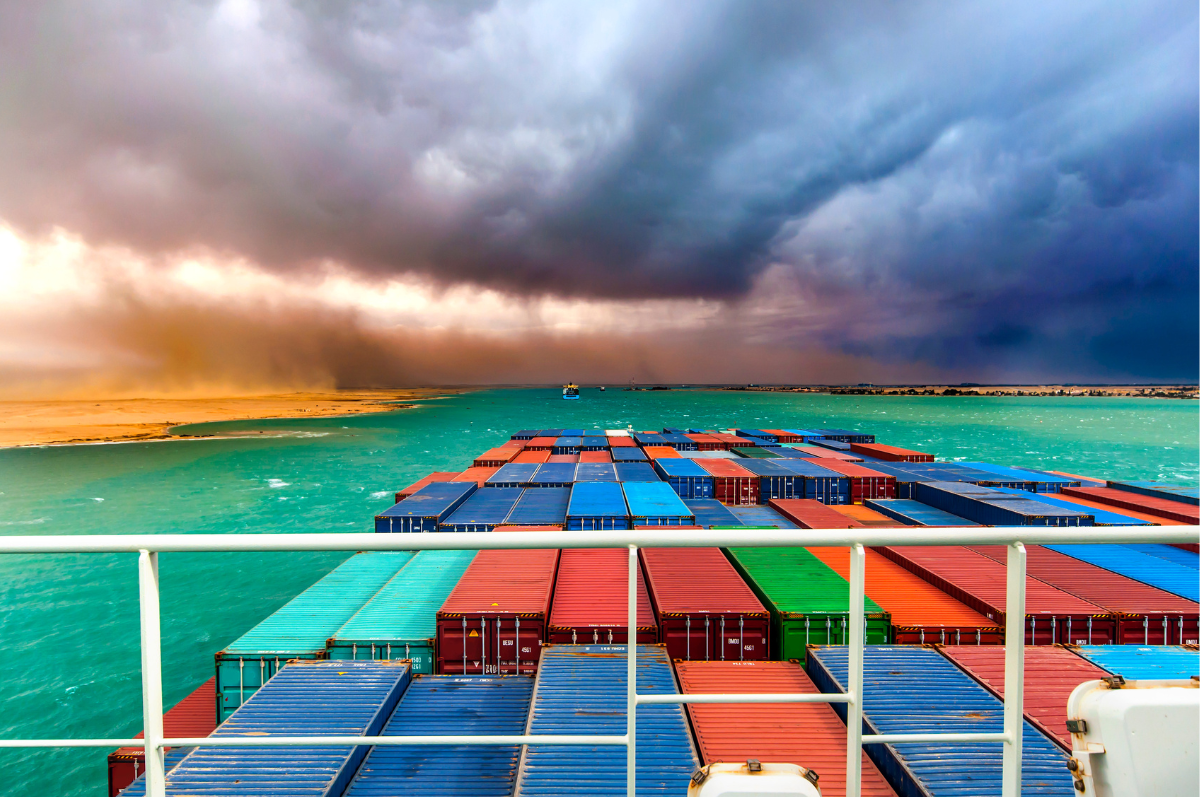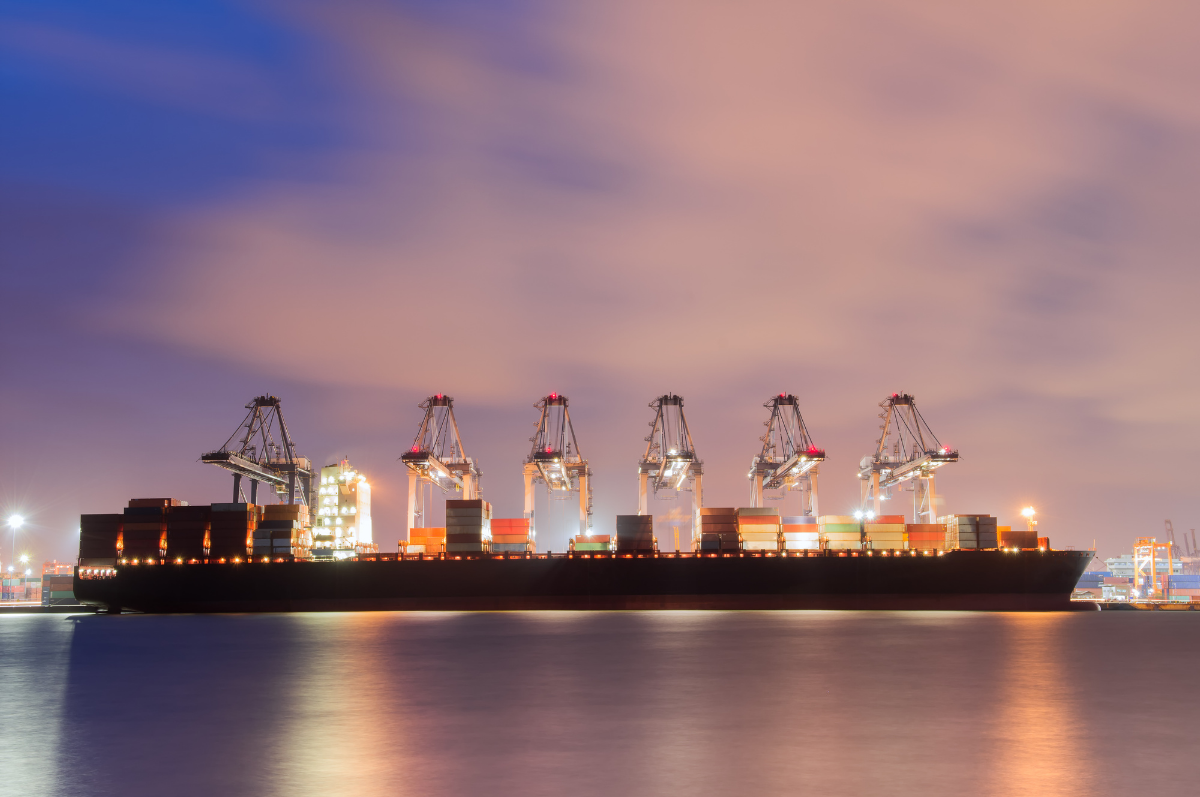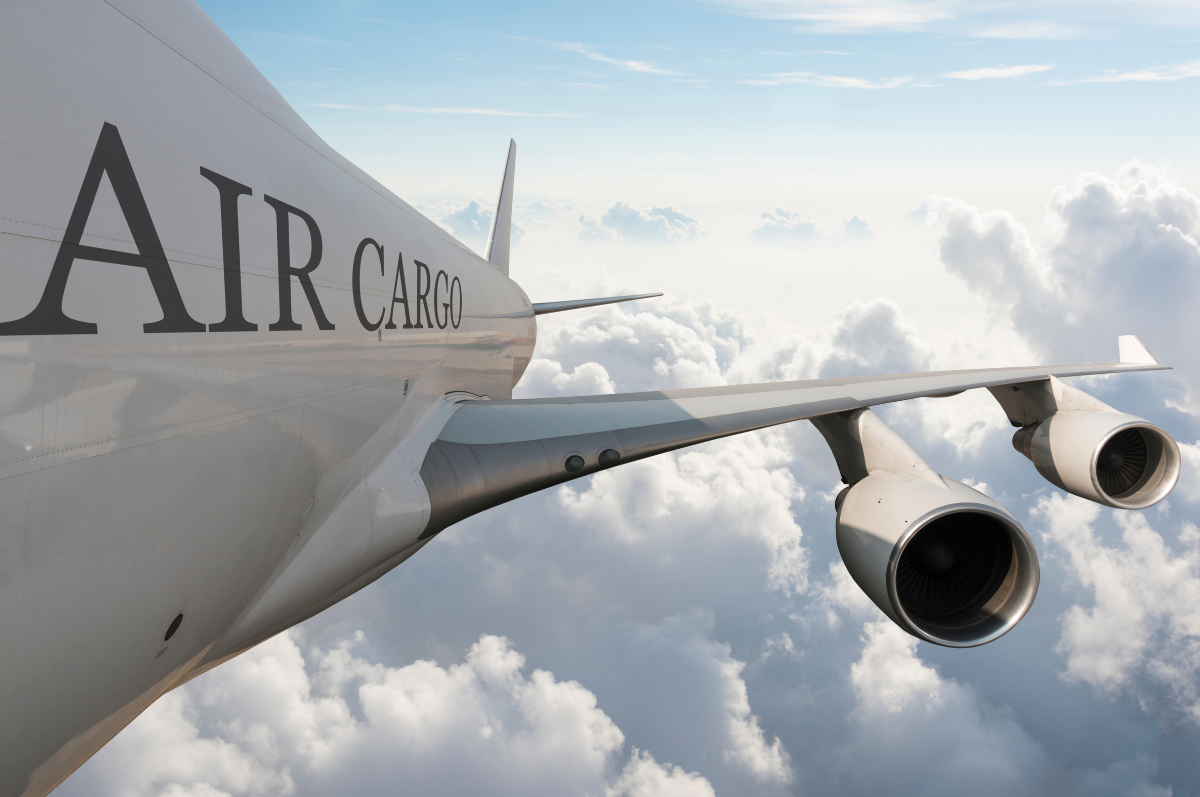In 2025, the container shipping industry will see a significant reshuffling, as MSC moves forward independently, terminating its long-standing 2M alliance with Maersk by February 2025. This decision positions MSC to offer a standalone East-West service network, utilising both the Suez Canal and the Cape of Good Hope. Traditionally, the Suez Canal serves as the most efficient route for East-West shipping, reducing journey times by 10-15 days compared to alternative routes. However, recent risks to shipping in the southern Red Sea, including attacks on merchant vessels by Houthi rebels, have prompted some ships to opt for the Cape of Good Hope route despite its added distance.
MSC has outlined a network comprising five key trade lanes and 34 service loops. These include seven loops between Asia and Northern Europe, six for Asia and the Mediterranean, four for Asia and North America’s West Coast, six for the East Coast, and 11 loops dedicated to transatlantic routes. This expansive network offers an extensive range of direct port pairings, with over 1,900 direct connections via the Suez route and over 1,800 through the Cape.
Søren Toft, CEO of MSC, highlighted the flexibility of the new service options, stating that MSC will provide full coverage across all East-West trade routes, bolstered by selected slot swap agreements. With MSC taking complete control of its operational network, customers will benefit from the option to choose between the Suez and Cape routes for greater service flexibility.
A key component of container shipping is the concept of alliances, where major shipping companies collaborate to share vessels, routes, and port calls, thereby increasing efficiency and reducing costs. These alliances allow companies to optimise the use of their fleets by sharing space on vessels, known as “slots”, which helps to maintain competitive pricing and regular service frequencies across global trade lanes. The 2M alliance between MSC and Maersk was one such partnership, formed to improve service reliability and vessel utilisation on major routes. However, MSC’s decision to operate independently signifies a strategic shift, allowing the company greater control over its network and the ability to customise services to meet client needs.
In addition to going solo, MSC will engage in a slot exchange agreement with the newly established Premier Alliance for nine services on the Asia-Europe trade route, further enhancing its connectivity and service offerings in this critical trade corridor.
It is hoped that the delays to ocean freight which have been causing issues since the pandemic will soon start to abate.
Do you have concerns about your own sea freight or international shipping? Trust Hawley Logistics to get your goods to its destination.
Contact us today to discuss your needs and requirements, and we outline your different options.




